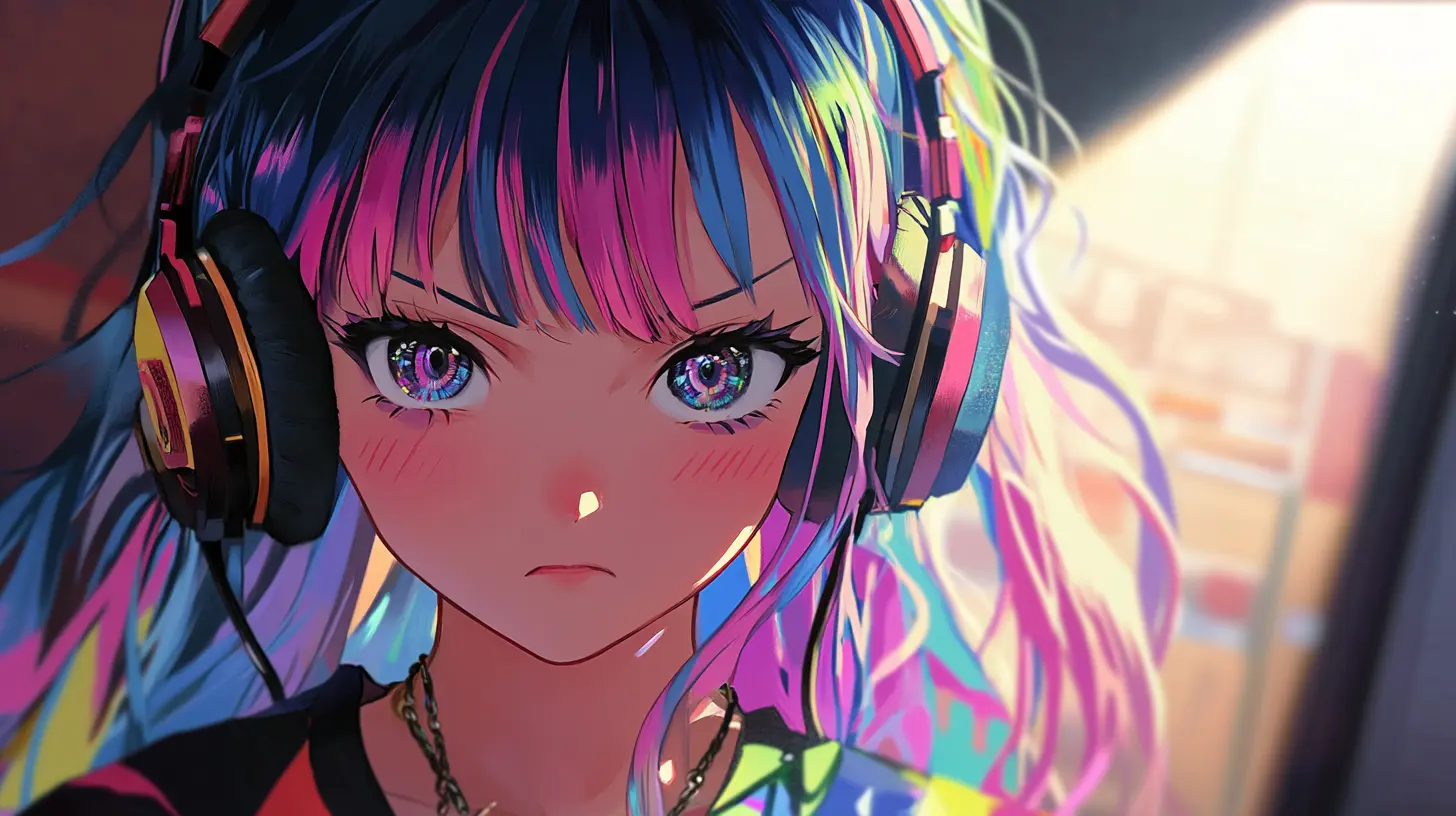If you’ve ever followed the journey of your favorite artists, you’ve probably heard about the common struggles many face when it comes to making a living from their music.
Some musicians have been outspoken about how their labels seem to take a huge chunk of the profits, leaving them with little to show for their hard work. This naturally raises the question: Why do artists still rely on music labels?
Reasons Why Music Labels Matter

Adele’s partnership with XL Recordings played a core role in her success. The label invested heavily in her early albums, providing the production quality and promotional reach necessary to make her a global star.
Her album 21, for example, saw strategic marketing and wide distribution, earning her multiple Grammys and millions in sales.
1. Funding and Investment
Music labels act as an investor. They provide funding for artists to record albums, make music videos, and embark on tours—activities that often require significant upfront costs.
For independent artists, this kind of financial backing is hard to come by, especially if they’re starting out. In return, the label typically gets a share of the artist’s revenue, which can lead to frustrations about profit splits.
But, without the initial investment, many artists wouldn’t be able to access the resources needed to grow their careers.
2. Marketing and Promotion
This is one of the most crucial aspects of what a label offers. Labels have established relationships with media outlets, influencers, and platforms that are critical for getting an artist’s music out to the public.
While an artist could promote themselves through social media or streaming platforms, it’s extremely difficult to match the reach of a label’s marketing machine.
Labels know how to build hype, get radio play, and position artists in the right spotlight to maximize exposure.
Even in the streaming era, where independent artists can get their music out there, the difference between having a label push your work and doing it on your own is massive.
3. Distribution Networks
Getting music onto major streaming platforms, into physical stores, or available worldwide takes a strong network. Labels already have these distribution channels established.
While digital platforms like Spotify and Apple Music have made it easier for indie artists to release music, there’s still a huge benefit in a label’s ability to distribute to wider, more lucrative audiences, including radio stations, international markets, and licensing deals.
4. Industry Connections
Success in music isn’t just about talent—it’s about who you know. Labels have deep-rooted connections within the industry that independent artists may find difficult to access.
From collaborating with other big-name artists to securing spots in festivals or high-visibility events, labels often open doors that would otherwise remain closed.
5. Legal and Administrative Support
Contracts, royalties, licensing agreements—these are not the kinds of things most artists want to deal with.
Labels provide legal and administrative support to ensure that artists are protected (though it’s worth noting some labels have been criticized for taking advantage of these complexities).
They also handle the tedious aspects of the business, like registering songs for royalties and managing payments.
6. Long-Term Career Building
A label’s main goal is to turn an artist into a long-term brand, not just a one-hit wonder.
They help artists plan out their career trajectory, from album releases to tours to media appearances.
Labels can provide strategic advice that helps build an artist’s career over years, something that is difficult to navigate alone.
But, Do Artists Need Labels Today?
“This was an infuriating read. The music industry is trash.” - @bora_twts on Twitter
It’s important to note that the music industry has drastically changed over the last decade. Platforms like SoundCloud, TikTok, and YouTube have allowed artists to break through without traditional label support.
Artists like Chance the Rapper and Russ are prime examples of musicians who built successful careers outside the label system, proving that independent pathways can lead to major success.
However, this route requires a significant amount of time, effort, and knowledge that not every artist possesses or has the bandwidth to acquire.
What an Artist Needs to Do
Running an independent music career means wearing multiple hats—being the artist, manager, marketer, distributor, and legal team all at once. For many artists, this level of responsibility can take away from the creative focus.
While independent platforms are empowering, the trade-off is the sheer volume of competition. Every day, thousands of songs are uploaded to streaming services, and breaking through the noise without the marketing power and connections of a label can be an uphill battle.
How The Landscape is Shifting
In recent years, the music industry has been witnessing a significant shift, driven by the rise of social media, streaming platforms, and a move toward artist autonomy. More and more musicians are proving that you don’t need a traditional label to succeed.
Artists are leveraging digital platforms to reach audiences directly, bypassing the need for a label’s promotional machine. While others are making the most of both.
Here are a few standout examples:
1. bbno$ and the Power of YouTube
bbno$ (pronounced “Baby No Money”) is a prime example of an artist who built his career almost entirely through social media.
Using YouTube as his primary marketing platform, bbno$ uploaded his music and engaged directly with his audience, cultivating a fanbase without the need for a major label.
His collaboration with Y2K on the viral hit “Lalala” garnered millions of streams and eventually led to opportunities outside of traditional industry pathways. This was a case of an artist utilizing viral trends and direct engagement with fans to propel himself to fame.
2. Emei: TikTok and Direct-to-Fan Engagement
Emei, an emerging pop artist, has also built her career independently, largely through TikTok. By consistently releasing snippets of her music and engaging with her followers directly, Emei has managed to capture the attention of a global audience.
Her TikTok-driven approach allowed her to bypass traditional gatekeepers, showing that an artist can create a successful, grassroots-driven career in the digital age.
3. The First Take: A Platform That Brought J-Pop to the World
“The First Take” is a YouTube channel that has changed how J-Pop is consumed globally. It features Japanese artists performing one-take versions of their songs, often acoustically.
The platform provides a raw and intimate view of artists, distinguishing itself from overproduced music videos. The simplicity of the concept has drawn in millions of viewers, propelling J-Pop into the international spotlight.
Artists like LiSA, Yoasobi, and others have gained global recognition partly due to the exposure they received through this platform.
When Labels Hurt
“Megan Thee Stallion says label won’t let her release new music over contract dispute.” - @Complex on Twitter
One of the most well-known cases of a problematic label deal is Kesha’s conflict with Dr. Luke and Sony Music. Her legal battle over alleged abuse and contract constraints prevented her from releasing new music for years.
Similarly, the iconic band The Beatles faced major issues with their label, EMI, when it came to the ownership of their master recordings. Paul McCartney, in particular, has spoken about how the band didn’t fully realize how much of their revenue would be controlled by the label.
This led to disputes over financial control and their eventual creation of Apple Corps to manage their own music.
In the end, it’s about what the artist values more—creative freedom and control, or having a support system in place that allows them to focus almost solely on the music.
